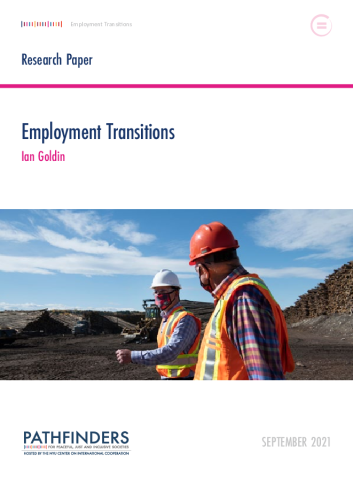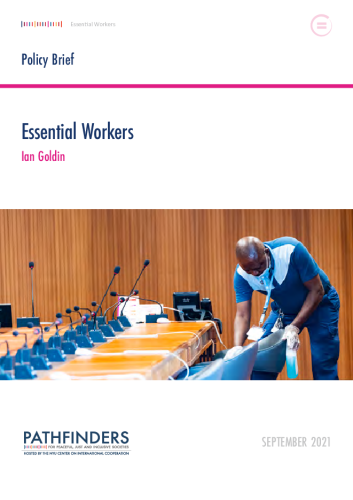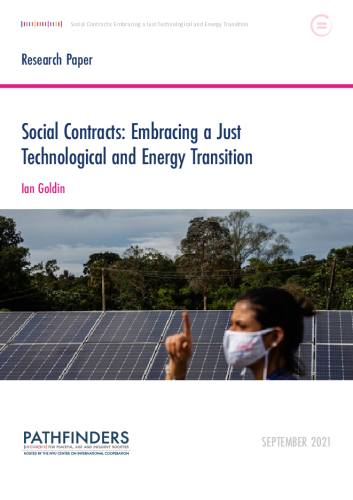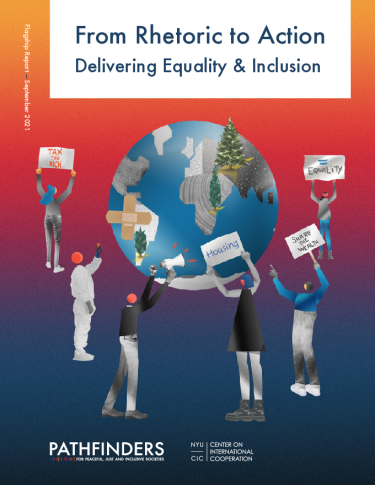The world of work is undergoing a fundamental transformation that will impact on workers and job seekers everywhere. Among the key drivers of this change are the climate emergency, demographic shifts and technological revolutions.
Far from heralding better lives, the employment transition which was created by the industrial revolution led to immense hardships, rapidly rising pollution and heightened levels of poverty, malnutrition, and civil strife, culminating in the French and other revolutions. Today we are faced with an even more rapid, radical, and wide-ranging transformation of work, which threatens to be as disrupting. This time, however, we have the means to analyze and prepare for change.
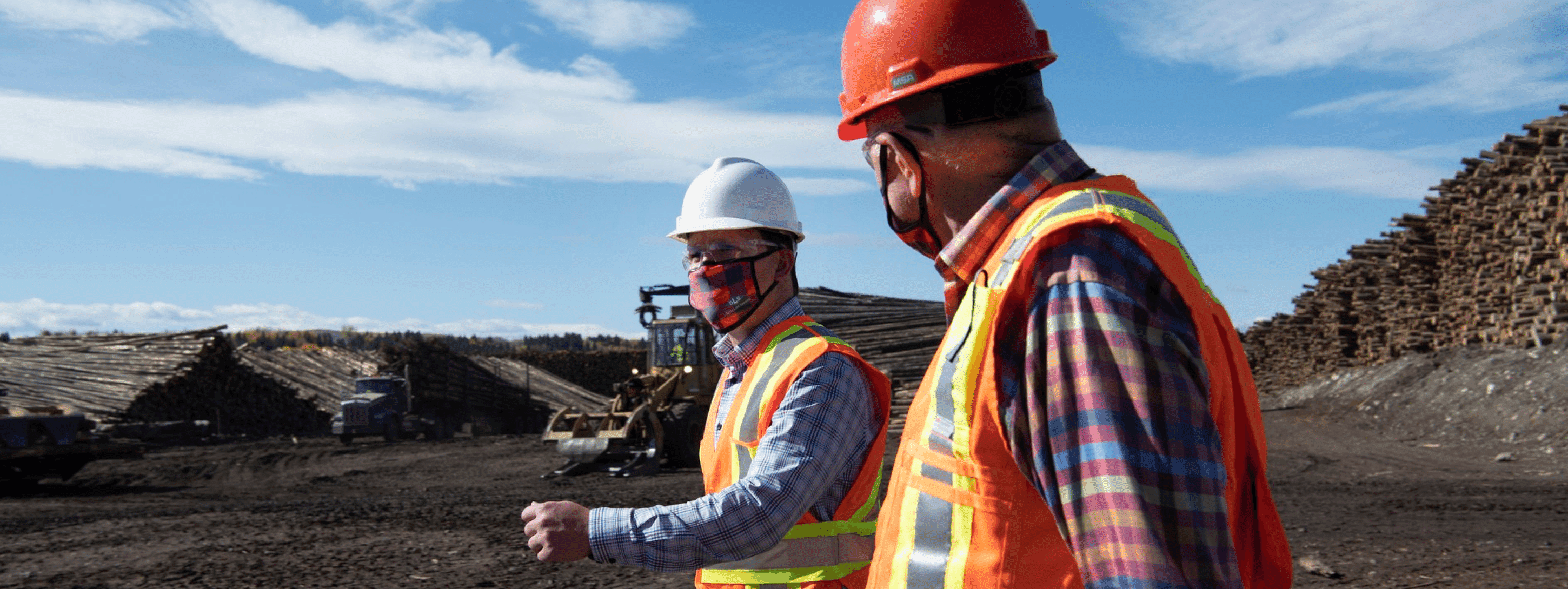
The purpose of this research paper is to identify how employment is being transformed and to examine the options for a just transition, which will lead to improvements for workers around the world. Author Ian Goldin begins this paper by identifying the challenge we are facing. It then defines employment transitions and lays out the weaknesses of current models of employment. Finally, it suggests policy options which tackle transitional assistance for workers, aiming to draw overall conclusions on what works in different economies.
Read the full research paper: Employment Transitions
This policy brief is part of the Pathfinders Grand Challenge on Inequality & Exclusion. More information about this initiative can be found here.
